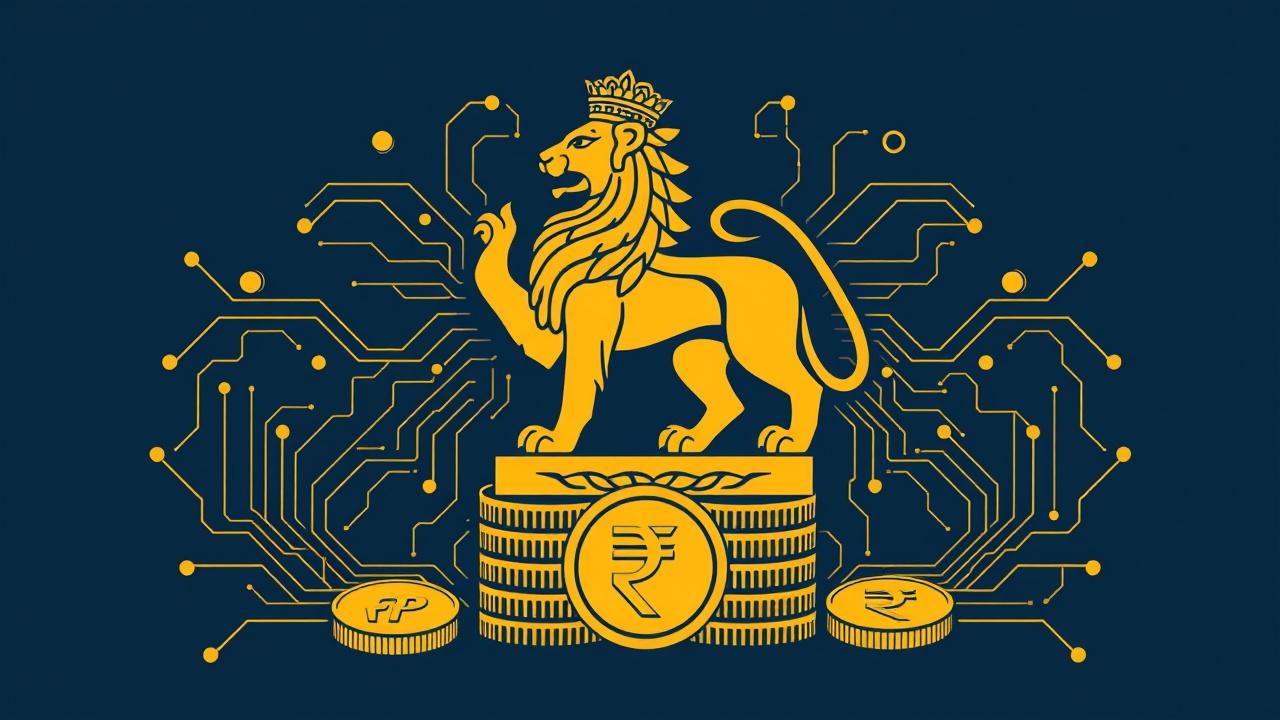India’s Efforts Against Cryptocurrency Tax Evasion
The Indian government is stepping up its efforts to combat tax evasion related to cryptocurrencies through advanced forensic technology and data analytics. During a recent update in the Lok Sabha, Minister of State for Finance Pankaj Chaudhary highlighted the significant revenue generated from taxing virtual digital assets (VDAs), which amounted to ₹269.09 crore (around $32 million) in the 2022-23 fiscal year. This figure increased notably in the following year, reaching ₹437.43 crore for 2023-24. The revenue estimates for 2024-25 will be available after the current income tax filing period concludes.
Surveillance and Data Analytics
Although the government has not released formal estimates detailing potential losses from underreported or misreported cryptocurrency income, it has emphasized its commitment to employing sophisticated surveillance techniques. Chaudhary noted that the utilization of data analytics tools is crucial for identifying instances of tax evasion in VDA transactions.
Key initiatives include the Non-Filer Monitoring System (NMS) and Project Insight, along with internal databases from the Income Tax Department. While a centralized system that matches income tax returns with Tax Deducted at Source (TDS) filings by Virtual Asset Service Providers (VASPs) is not yet in place, authorities are conducting retrospective analyses to uncover discrepancies. For instance, when TDS is deducted but not reported as income—especially in cases exceeding ₹1 lakh—the government uses the NUDGE initiative to assist in ensuring accurate filings.
Taxation Framework for Cryptocurrencies
India’s taxation framework for cryptocurrencies is rigorous, imposing a flat income tax rate of 30% on gains from VDA transactions, with only the cost of acquisition allowed as a deduction. Additionally, a TDS of 1% applies to certain VDA transfers, facilitating tracking of financial movements. Recent changes have also seen international crypto platforms like Bybit implementing an 18% Goods and Services Tax (GST) on service fees payable by Indian customers, complying with local tax laws.
Training and Collaboration
To further support regulatory compliance, the government is enhancing the training of enforcement officers. Chaudhary stated that various initiatives are in place to bolster the skill sets of those charged with monitoring and investigating VDA transactions. Training programs, specialized workshops, and practical sessions focused on digital forensics, blockchain technology, and the legal aspects of cryptocurrency handling are frequently organized.
Collaborative efforts with educational institutions such as the National Forensic Science University in Goa are also part of the strategy, providing short-term digital forensics courses aimed at improving the analytical capabilities necessary for monitoring cryptocurrency transactions.
Conclusion
These comprehensive measures reflect India’s proactive stance on cryptocurrency regulation, emphasizing a balanced approach to fostering innovation while ensuring compliance with tax laws.




